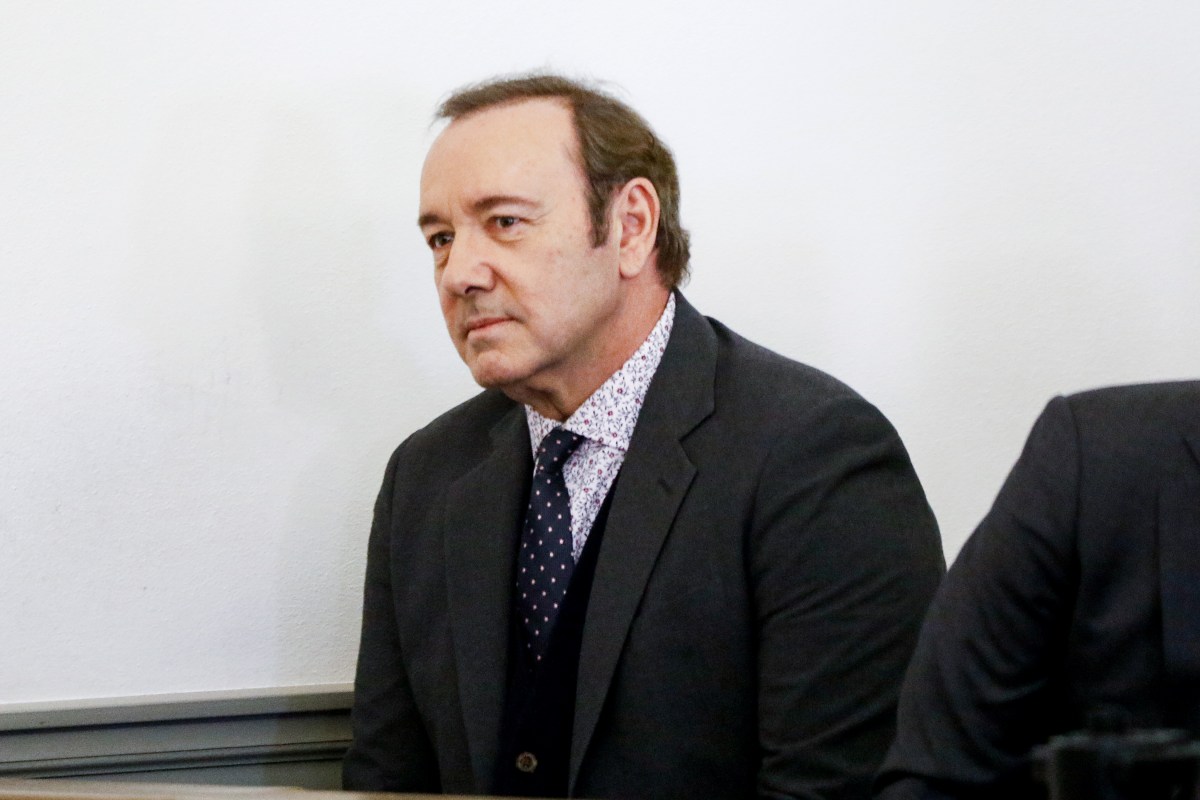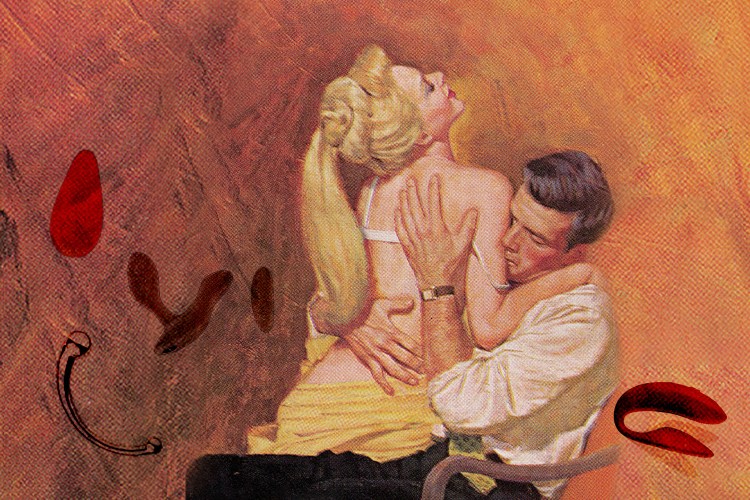While the consequences of the #MeToo era may appear widespread, the majority of sexual assault cases the movement has brought to light have faced judgement solely from the court of public opinion, with few accusations resulting in actual criminal charges. Accused individuals have faced professional and personal consequences, but surprisingly few allegations have resulted in any kind of legal action.
One of the few criminal cases resulting from the #MeToo era came to an abrupt end on Wednesday when prosecutors in Massachusetts dropped a sexual assault charge against actor Kevin Spacey. In December 2018, the 59-year-old actor was charged with one count of indecent assault and battery after he was accused of fondling a then-18-year-old man at a Nantucket bar in July 2016. The accuser was working as a busboy at the Club Car restaurant at the time, and reportedly asked to be introduced to Spacey after a shift. After the actor purchased several drinks for the then-underage accuser, Spacey reportedly unzipped the man’s pants and fondled his genitals. Spacey pleaded not guilty to the charge, with his lawyer, Alan Jackson, arguing that the encounter was “consensual flirtation.”
The prosecution’s decision to drop the case comes after the victim invoked his Fifth Amendment right against self-incrimination when he was warned he could be charged with a felony if he had deleted or manipulated phone evidence, the New York Times reported. The defense had focused efforts on obtaining the phone the accuser had been using during the evening of the incident after suggesting text message records submitted by the accuser and his family appeared to be edited and may be concealing evidence that could prove Spacey’s innocence. The accuser’s lawyer said the phone was missing shortly after a Nantucket District Court judge granted the defense’s request to obtain the device.
The charge was dropped after the accuser continued to invoke the Fifth, which a Nantucket District Court judge said could render the prosecution nonviable.
“The complaining witness was informed that if he chose to continue to invoke his Fifth Amendment right, the case would not be able to go forward,” the district attorney’s office wrote in Wednesday’s court filing.
The complex legal complications that led to the dropped charge in this particular case far from exonerate Spacey, who has faced over 20 allegations of sexual misconduct since 2017. Accusations agains Spacey were among the first wave of sexual assault allegations that came to light in the early days of #MeToo following the groundbreaking revelations about Harvey Weinstein. The first accusation against Spacey surfaced in October 2017, when actor Anthony Rapp claimed Spacey made an unwanted sexual advance when Rapp was just 14.
The Nantucket case first came to light in fall of that year as well, when the alleged victim’s mother, former Boston television anchor Heather Unruh, revealed her son’s account of the incident at a news conference. Shortly thereafter, the Old Vic theater in London, where Spacey had enjoyed an 11-year tenure as artistic director, said 20 people had come forward with allegations of inappropriate conduct by the actor.
Prior to the charge being dropped, the Nantucket case was one of very few #MeToo cases that have seen legal action, along with an upcoming Manhattan trial against Weinstein involving two women and a charge of indecent assault and battery against celebrity chef Mario Batali in Boston. As the Times notes, this failure to prosecute #MeToo allegations tends to stem from the age of the incidents or their failure to rise to the level of criminal offense.
Far from clearing Spacey’s name, the dropped charge against the actor emerges as merely another frustrating testament to the difficulty of seeking and securing justice for victims of sexual assault, even two years into the #MeToo era.
This article was featured in the InsideHook newsletter. Sign up now.






















